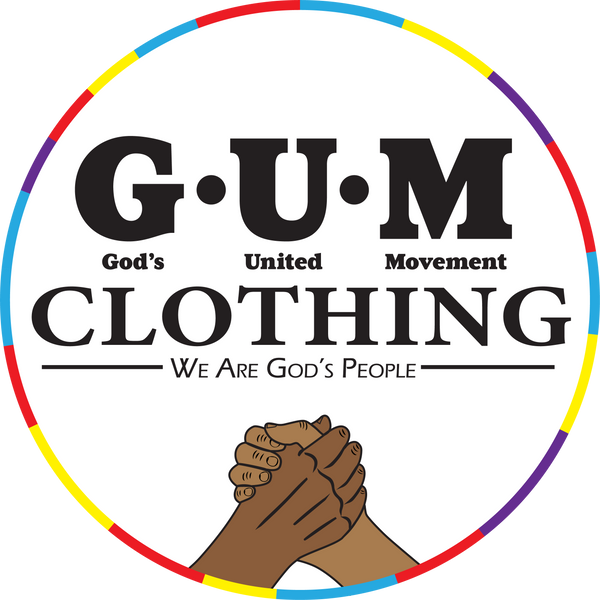Boycotting in the 21st Century: Power Move or Pointless Gesture?
Greetings, beautiful people! It’s your friendly neighborhood play-cousin, Brother Joshua Nehemiah, coming to you with another episode of I Got to Say This. And today? We’re talking boycotting. Yep, that age-old economic protest method that’s been shaking tables since the days of the Montgomery Bus Boycott.
But here’s the real question: Does boycotting still work in the 21st century? Or is it just a hashtag moment that trends on social media and disappears by lunchtime?
The Boycott That Came Out of Nowhere
So, let me set the scene. It’s February 28, 2025, and suddenly—out of nowhere—there’s a call for a nationwide boycott. The message? Black people should refrain from spending money at major corporations due to the mass rollback of DEI (Diversity, Equity, and Inclusion) initiatives. I saw it pop up on my timeline, but here’s what got me scratching my head:
- Who organized this? I couldn’t find a name, a group, or even a celebrity co-sign. It just appeared. Like an uninvited guest at a barbeque.
- What was the intended outcome? Were we sending a message? Demanding change? Hoping they’d reinstate DEI policies out of sheer guilt?
- How was this information spreading? Word-of-mouth? Community meetings? Or just floating around on social media with no real structure?
If you heard about it and knew who was behind it, please let me know—because I was searching like somebody who lost their cell phone!
Does Boycotting Even Work Anymore?
Let’s be real—hitting companies in their pockets is one of the most effective ways to make them pay attention. If a business thrives off our dollars and suddenly those dollars disappear, they have no choice but to adjust. That’s why boycotts have historically worked—when they’re well-organized and have clear demands.
Case in point: The Montgomery Bus Boycott (1955-1956).
- Black people refused to ride the buses.
- They organized alternative transportation (carpools, walking networks).
- The protest was consistent and structured.
- It had a clear goal—end racial segregation on public buses.
That boycott was strategic, unified, and effective. And that’s why it changed history.
Now compare that to this 2025 mystery boycott. No plan. No leaders. No alternative strategies. Just a protest. And that’s not how you move a system.
Corporations Move with the Wind—Not Morality
Let’s not get it twisted—corporations do not operate on morality. They operate on profit, power, and public perception. That’s why they initially embraced DEI—because it made them look good. But the moment political winds shifted, they abandoned ship.
And let’s be clear: These companies were never really about us.
- They care about investors.
- They care about their relationships with lobbyists and politicians.
- They care about not making the wrong people mad.
So, when leadership changed and the pressure to keep DEI initiatives dwindled, these companies folded. Not because they hate us, but because they love their money more than they ever loved the idea of equality.
The Problem with "Minority-Owned" Labels
Speaking of money, let’s talk about something else that’s been bugging me—this whole “minority-owned business” category. Because, listen, we’ve been bamboozled with this one.
Black people were the poster children for DEI, but when it came time for the actual economic benefits? Suddenly, “minority” included everybody—immigrants, women, and every other marginalized group. And somehow, black folks ended up at the back of the line yet again.
If the boycott had said, "Spend exclusively at black-owned businesses this month," I would’ve been all in. But just saying “don’t shop at major corporations” without providing alternatives? That’s not strategy—that’s just wishful thinking.
Boycotts Need Structure, Leadership, and Alternatives
Here’s the truth: Boycotting can still work, but only if we do it right. That means:
✅ Organization – We need leadership, a coalition, and a clear message.
✅ Unification – We have to rally as a collective and move as one.
✅ Mobilization – We need structured actions, timelines, and goals.
Social media is great, but if your movement exists only in hashtags and reposts, it’s not going to change the system. We need alternative spending plans, directories of black businesses, and community-based solutions.
So, Did I Boycott?
Funny enough, I didn’t buy anything that day—not because I planned to, but because I took a step back and decided: I need to be part of the solution, not just a spectator.
That’s why I’m talking about it now. That’s why I’m pushing for more organization. That’s why I want to see real action, not just temporary outrage.
So, let me ask you:
- Did you boycott? Why or why not?
- Did you even hear about it? If so, how?
- What do you think is the best way to make real change?
Drop your thoughts in the comments. Let’s have this conversation. And whether you agree or disagree, it’s all good—speak your truth.
Because at the end of the day, change doesn’t happen because we’re mad for a day. It happens when we organize, strategize, and mobilize for the long haul.
Much love and blessings to you all. Stay powerful. Stay intentional. And as always—peace, progress, and power to you and your family in the name of the Most High God and the Lord Jesus Christ.
- Brother Joshua Nehemiah
